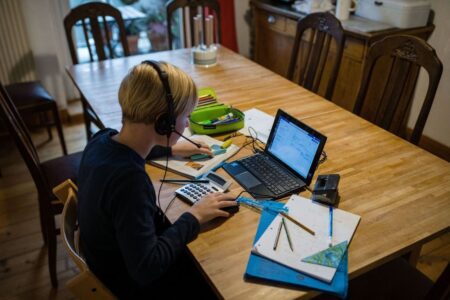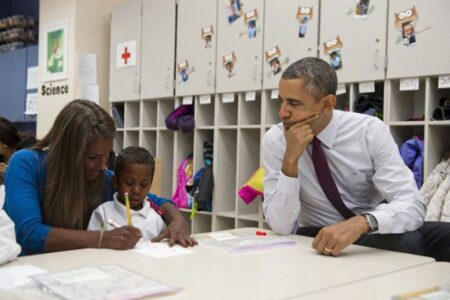
The saying “early bird catches the worm” is especially true when it comes to education.
Early childhood education is universally acknowledged as crucial for establishing a strong foundation for future learning. Preschool programmes are instrumental during this developmental phase, equipping children with essential skills such as speaking, reading, and counting.
These early educational experiences not only offer immediate benefits but also have a lasting positive impact on a child’s growth.
Early childhood education refers to the programmes and experiences designed for children from birth to around eight and stimulate their cognitive, social, and emotional development through play-based learning and age-appropriate activities.
Research shows that this is especially true for the first five years of a child’s life, in which their main way of learning is through play. This can, in turn, set the precedent for a child’s lifelong learning, health and behaviour. How?
During early childhood, the brain undergoes remarkable development. By age three, a child’s brain is about 80% the size of an adult’s and contains up to twice as many synapses as an adult’s brain.
This rapid neural development presents a unique opportunity for early childhood education, where engaging and interactive experiences can profoundly boost cognitive growth.
In these formative years, a child’s brain is very receptive, absorbing new information and experiences at an impressive rate and resulting in swift cognitive, emotional, and physical growth.
Therefore, ensuring that your child benefits fully from their early years is one of the most important tasks for any parent.
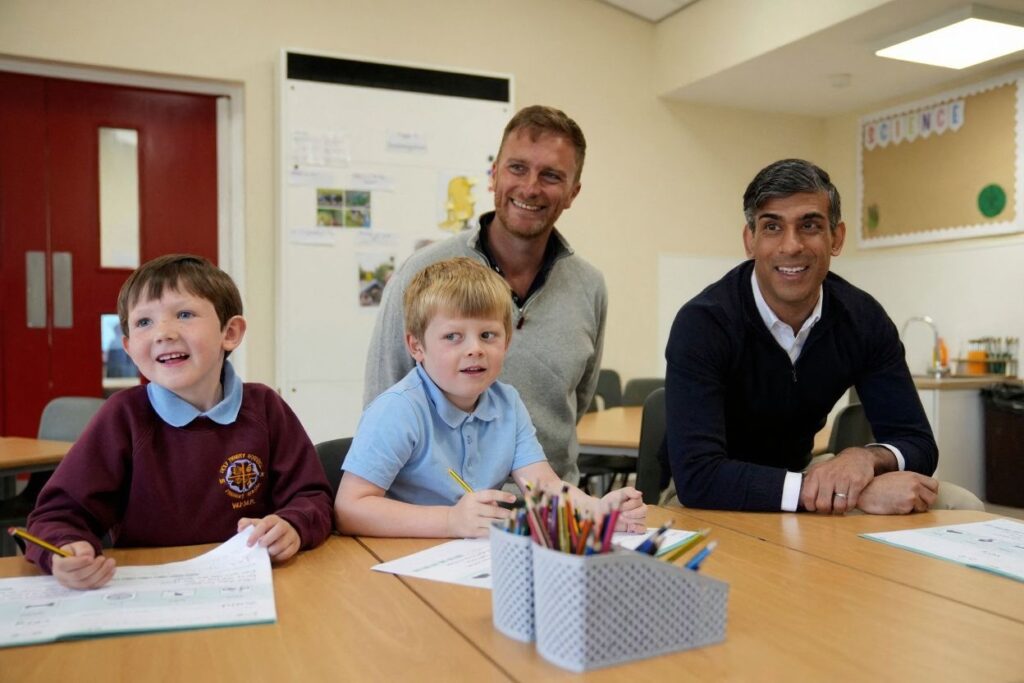 From birth to around age five, children’s brains rapidly absorb information, making this critical period essential for learning language, motor skills, and social cues. Creating stimulating environments — through outdoor activities, diverse forms of play, and auditory experiences like music — can significantly elevate children’s development, all of which an international kindergarten provides.
From birth to around age five, children’s brains rapidly absorb information, making this critical period essential for learning language, motor skills, and social cues. Creating stimulating environments — through outdoor activities, diverse forms of play, and auditory experiences like music — can significantly elevate children’s development, all of which an international kindergarten provides.
The role of international kindergartens
Early childhood is an important time when children lay the foundations for their view of themselves as learners.
They develop their sense of autonomy and identity and their ability to make informed decisions within environments that offer opportunities to interact actively and reflect. Because play offers these opportunities, it is essential for cognitive, social, emotional, physical, and brain development in young children.
Through play, children become increasingly skilled at being group members, initiating and working through projects, asking questions and exploring possible worlds through imagination. Over time, children define, construct and negotiate meaning and identity, situating themselves as members of a learning community.
That’s where international kindergartens step in. These are educational institutions that offer early childhood education with more global perspectives.
They cater to children from diverse cultural and linguistic backgrounds and often provide curricula that emphasise global awareness, multilingualism, and international-mindedness.
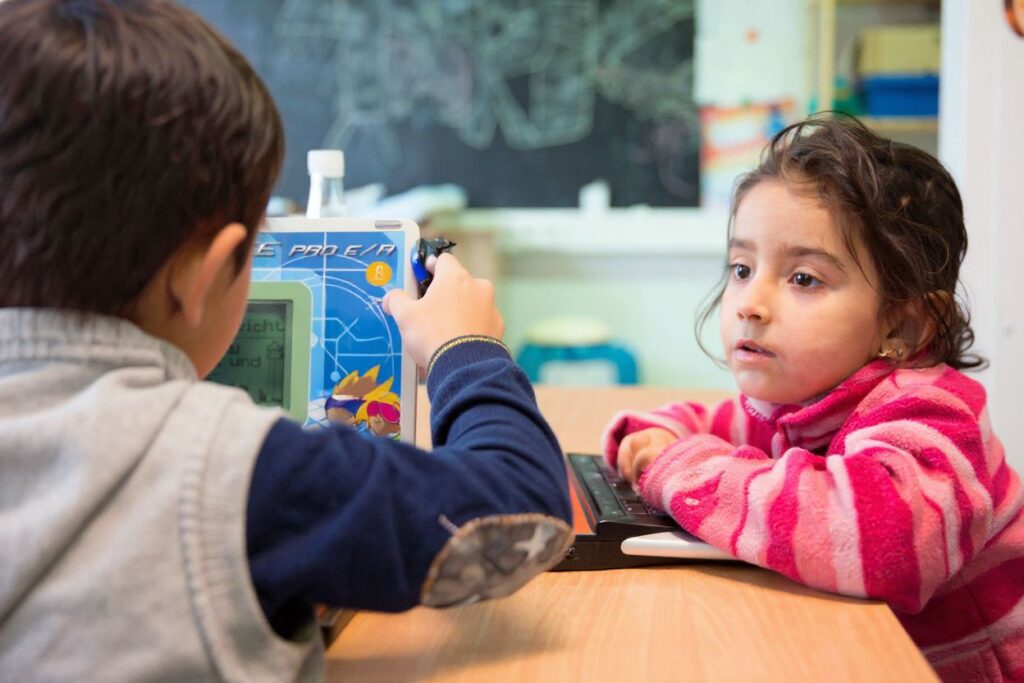 Children are remarkable for their ability to quickly and easily absorb vast amounts of new information. For example, the Early Years programme at the Australian International School Singapore lays a strong foundation for growth and development. With over 30 years of experience in early childhood education, the school provides a play-based learning environment where children are encouraged to ask questions and take risks in a supportive setting.
Children are remarkable for their ability to quickly and easily absorb vast amounts of new information. For example, the Early Years programme at the Australian International School Singapore lays a strong foundation for growth and development. With over 30 years of experience in early childhood education, the school provides a play-based learning environment where children are encouraged to ask questions and take risks in a supportive setting.
The purpose-built, innovative space reflects a commitment to nurturing bright minds from two months to six years in a warm and creative atmosphere.
International kindergartens frequently incorporate diverse pedagogical approaches, such as Montessori, that emphasise global citizenship and multicultural understanding as well. In such settings, children are introduced to a variety of languages, cultures, and traditions.
This can improve cognitive flexibility and empathy. Research published in the Early Childhood Research Quarterly indicates that bilingual and multilingual children often exhibit improved cognitive abilities, including enhanced problem-solving skills and greater creativity.
What’s more, these institutions typically offer a structured yet adaptable curriculum that supports exploration and self-directed learning. This aligns well with the Montessori philosophy of allowing children to learn at their own pace while providing a supportive and stimulating environment.
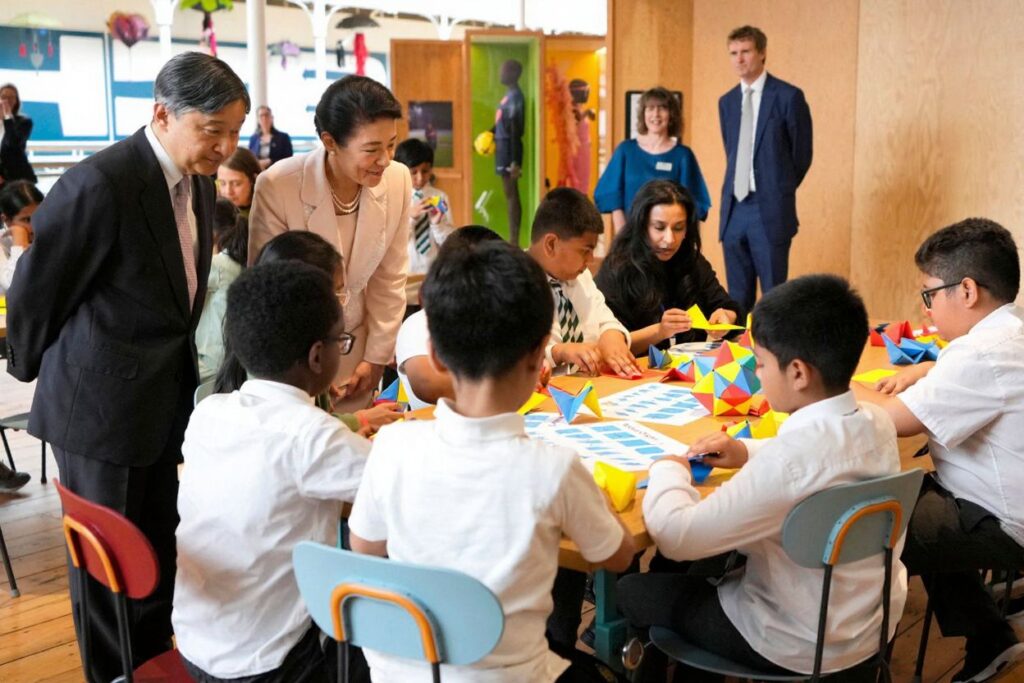 International kindergartens provide a happy, safe, and supportive environment with the help of their early years experts. Considerations for parents
International kindergartens provide a happy, safe, and supportive environment with the help of their early years experts. Considerations for parents
Deciding whether to enrol your child in an international kindergarten involves evaluating various factors to ensure the choice aligns with the child’s needs and the family’s values. Here are a few questions you can ask to make an informed decision:
- What are my child’s needs? For instance, a child who thrives on structured routines may benefit from a programme with clear schedules, while a child who prefers flexibility might excel in a more fluid environment. International kindergartens often offer a mix of structured and free play, but parents should ensure this matches their child’s learning style and developmental stage.
- Does the school align with my family’s culture? A family valuing cultural heritage might prefer a programme that celebrates their traditions and integrates them into the curriculum. Conversely, a family interested in a global perspective might seek a school with a curriculum emphasising multicultural awareness and international-mindedness.
- What’s the quality and reputation of the curriculum? Look for well-qualified teaching staff, such as those with degrees in early childhood education and experience in diverse settings. Review the curriculum’s focus on well-rounded development and assess the learning environment to ensure it is safe, engaging, and well-resourced.
- How many languages do they teach? If multilingualism is important, assess the kindergarten’s approach to language learning. Some schools offer bilingual programmes or immersion in multiple languages. Ensure the programme includes support for non-native speakers if needed.
- Are there programmes that develop social skills? Check how the kindergarten promotes peer interaction and inclusivity. Programmes encouraging teamwork and cultural exchange help children develop strong social skills and a global perspective.
Choosing the right international kindergarten involves considering these factors to ensure that the educational environment supports and enhances your child’s early development.








